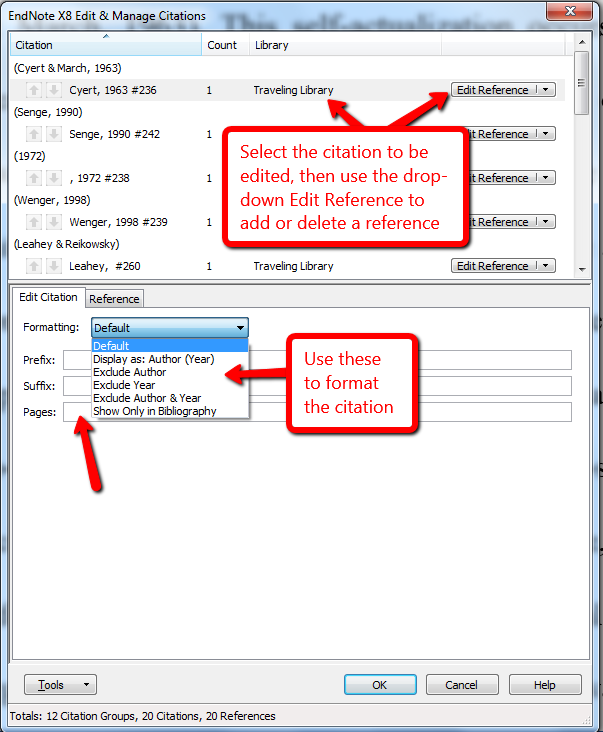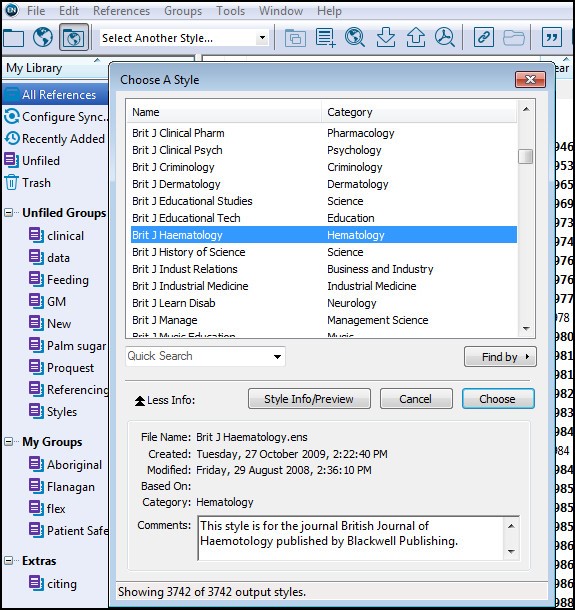

We find annual global SLR costs of $180 billion to $200 billion in 2100 assuming optimal adaptation, moderate emissions (RCP 4.5) and middle-of-the-road (SSP 2) socioeconomic trajectories. Using this platform, we evaluate costs across 110 possible socioeconomic and SLR trajectories in the 21st century. Our approach accounts both for uncertainty in the magnitude of global SLR and spatial variability in local relative sea level rise. In this paper, we present a modular open-source platform designed to address this need, providing end-to-end transparency from global input data to a scalable least-cost optimization framework that estimates adaptation and net SLR costs for nearly 10,000 global coastline segments and administrative regions. To date, several impact models have been developed to estimate global costs of SLR, yet the limited availability of open-source and modular platforms that easily ingest up-to-date socioeconomic and physical data sources limits the ability of existing systems to transparently incorporate new insights. Global sea level rise (SLR) may impose substantial economic costs to coastal communities worldwide, but characterizing its global impact remains challenging because SLR costs depend heavily on natural characteristics and human investments at each location-including topography, the spatial distribution of assets, and local adaptation decisions. Make sure Author names are correct, sometimes they reverse first and last names.Abstract.

UW Catalogue - will automatically download to your Unfiled folder.

Web of Science - this will export directly to your Unfiled folder - make sure it is empty, then move the citations to the proper folder Google Scholar - EndNote Import (one at a time) If none of these work, double-check that the text file was saved in the correct format.Īt present, these are the import filters you would employ for the most commonly-used databases:

However, there are specific file extensions that denote which filter to use File extension For example, PsycInfo (OVID) or PsycInfo (Ebsco). Usually, the import filter to use is the one that describes the combination of database and database provider.


 0 kommentar(er)
0 kommentar(er)
